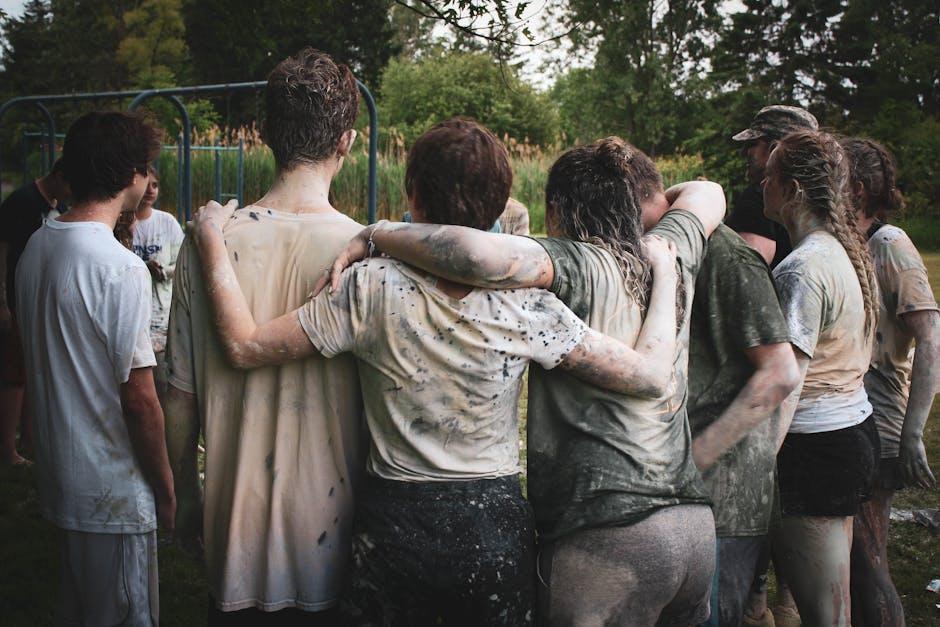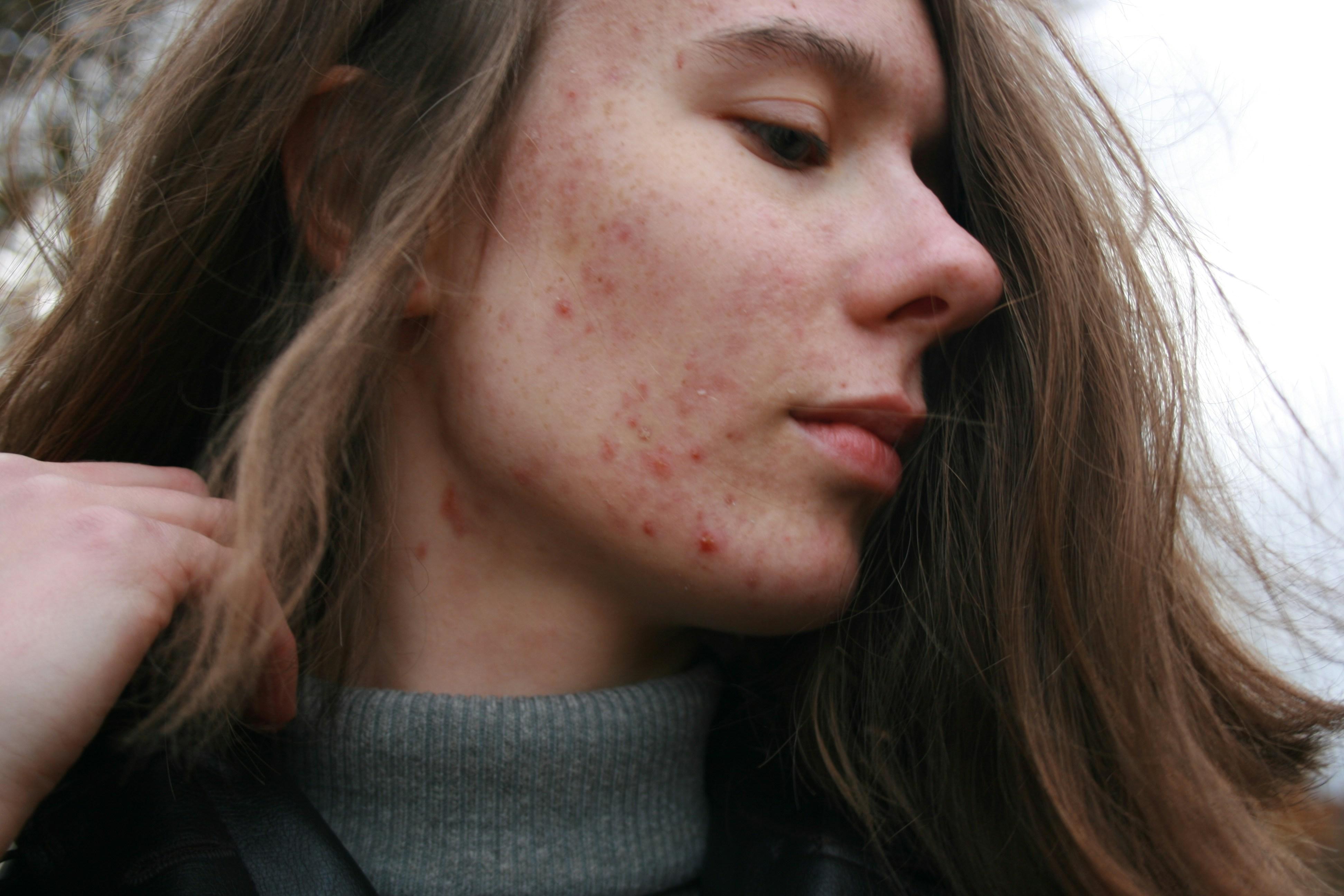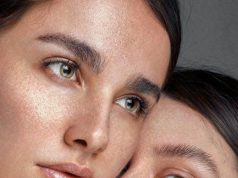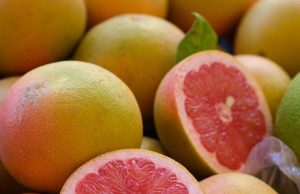In a world where youth is celebrated and the pursuit of eternal beauty is ever-present, the question arises: should teenagers, standing at the cusp of adulthood, engage in the use of anti-aging products? As skincare aisles brim with promises of wrinkle-free futures and ageless allure, young individuals find themselves at a crossroads, torn between embracing their natural evolution and succumbing to societal pressures. This article delves into the heart of this contemporary conundrum, exploring the science, ethics, and cultural influences surrounding teenagers’ use of anti-aging products. By examining expert opinions, personal narratives, and industry trends, we aim to illuminate the path forward in this intricate dance between nature and nurture.
Exploring the Science Behind Teen Skincare
In the vibrant world of adolescent skincare, the allure of anti-aging products can be both captivating and confusing. Teens, often bombarded by beauty trends and social media influencers, might wonder if these products are beneficial for their youthful skin. The truth lies in understanding the fundamental differences between teenage and mature skin. Teenage skin is typically characterized by higher oil production, a faster cell turnover rate, and a natural resilience that many adults envy. While this might suggest that anti-aging products are unnecessary, there are certain aspects worth considering.
- Hydration: Many anti-aging products focus on hydration, which can be beneficial for any skin type, including teenagers. Look for products with ingredients like hyaluronic acid that enhance moisture without clogging pores.
- Sun Protection: The most effective anti-aging strategy for teens is diligent sun protection. Products with SPF not only protect against harmful UV rays but also prevent premature aging.
- Gentle Formulations: If choosing to use anti-aging products, opt for those with gentle formulations to avoid irritating sensitive teenage skin.
Ultimately, while anti-aging products are crafted with older skin in mind, teenagers can selectively incorporate certain elements that focus on protection and hydration. The key is to maintain a balanced routine that supports the skin’s natural youthful properties.

Understanding the Impact of Early Anti-Aging Practices
Delving into the effects of anti-aging practices initiated during the teenage years reveals both potential benefits and concerns. Proponents argue that starting early may offer prolonged protection against environmental damage and premature aging. The application of antioxidants, like vitamin C serums, can bolster skin’s resilience and provide a head start in maintaining youthful elasticity. Additionally, early adoption of good skincare habits can help instill lifelong routines that promote skin health.
On the other hand, critics caution against the premature use of certain anti-aging products, which may contain potent active ingredients like retinoids or alpha hydroxy acids. These can potentially irritate young skin, leading to issues such as increased sensitivity or hormonal disruptions. Moreover, the psychological impact should not be overlooked; teens might feel undue pressure to pursue unattainable beauty standards. To navigate these concerns, experts recommend:
- Opting for gentle, non-invasive skincare products.
- Focusing on broad-spectrum sunscreen as a primary anti-aging tool.
- Encouraging a balanced lifestyle, including a healthy diet and regular hydration.

Guidelines for Safe and Effective Skincare for Teens
Incorporating skincare into a teen’s routine can be both beneficial and daunting. While the allure of anti-aging products might be tempting, it’s essential to focus on products that cater specifically to youthful skin needs. Teenagers should prioritize hydration and protection over anti-aging, ensuring that their skin is well-nourished and shielded from environmental stressors. Key elements of a teen’s skincare regimen should include:
- Gentle Cleansers: Choose products that cleanse without stripping natural oils.
- Moisturizers with SPF: Opt for lightweight formulations that provide sun protection.
- Non-comedogenic Products: Ensure that products won’t clog pores, which can lead to breakouts.
- Balanced Diet and Hydration: Support skin health from the inside out with proper nutrition and water intake.
Teens should focus on maintaining a simple yet effective skincare routine that emphasizes the basics. This approach not only promotes healthy skin but also lays a solid foundation for any future skincare concerns. Remember, less is often more when it comes to young skin.

Balancing Youthful Skin Needs with Anti-Aging Concerns
In the quest for flawless skin, teenagers often find themselves navigating a complex maze of skincare products, many of which are designed for more mature skin. While youthful skin is naturally resilient, it also has unique needs that differ from those addressed by anti-aging formulas. Hydration, acne prevention, and sun protection are typically the primary concerns for teens. However, with increasing awareness and marketing of anti-aging products, the question arises: can these products fit into a teenager’s skincare routine without causing harm?
- Hydration vs. Heavy Formulas: Teen skin benefits from lightweight moisturizers that don’t clog pores, whereas many anti-aging products focus on rich hydration to plump the skin.
- Acne and Anti-Aging Ingredients: While ingredients like retinol are effective for both acne and aging, they can be harsh on sensitive teen skin and should be used cautiously.
- Preventative Care: Incorporating gentle antioxidants and broad-spectrum sunscreen can provide preventative benefits without the need for intensive anti-aging treatments.
Ultimately, the key is balance. It’s crucial for teenagers to focus on their skin’s current needs while considering the long-term benefits of early skincare habits. Consultation with a dermatologist can provide tailored advice, ensuring the right products are chosen to support both immediate and future skin health.






























